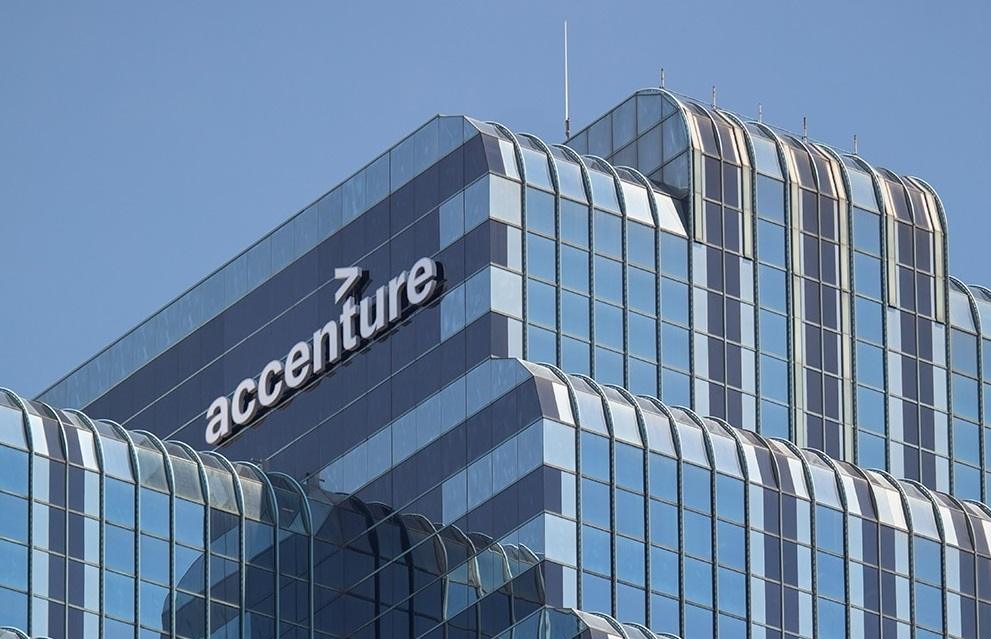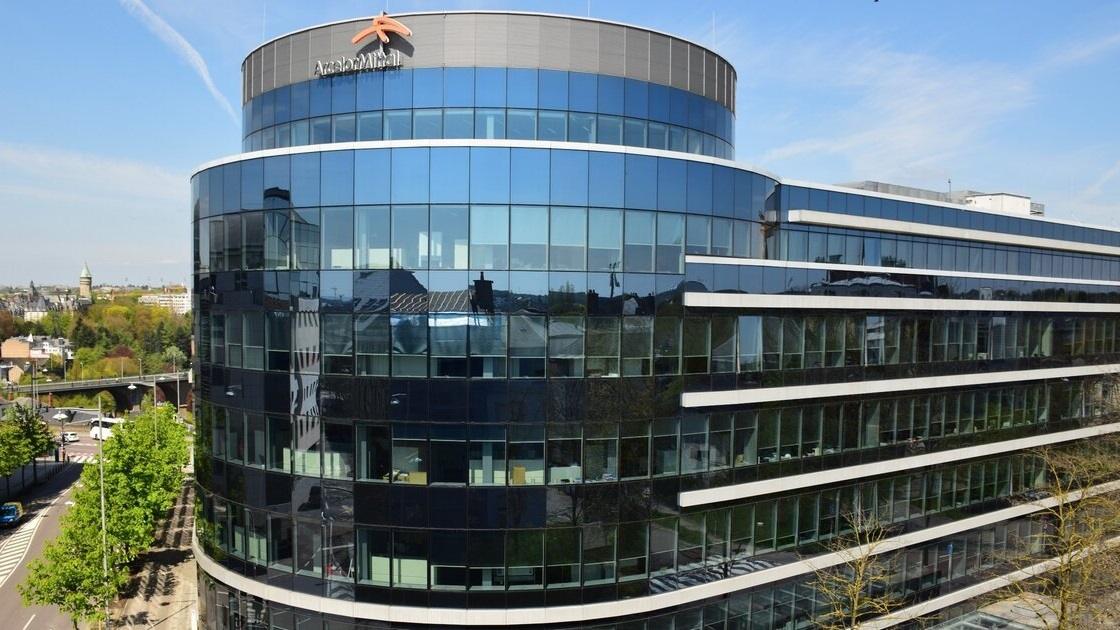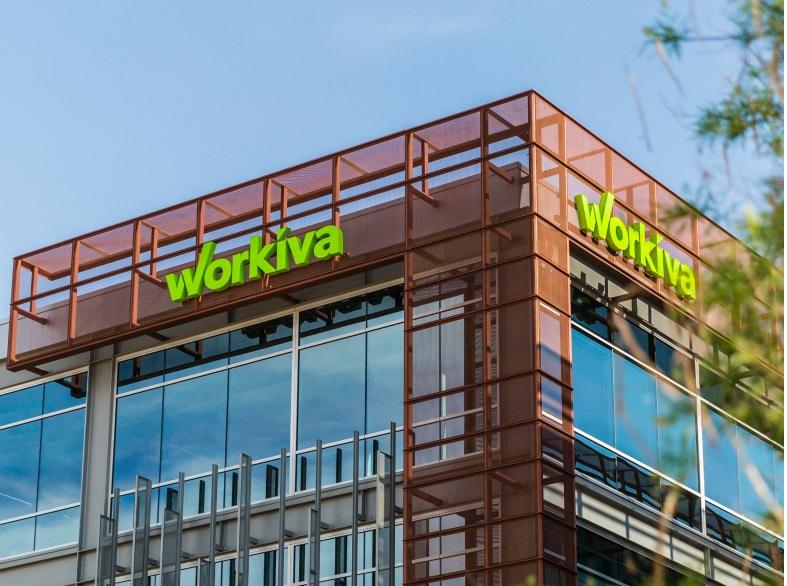The World’s Largest Companies Have Resumed Setting Net Zero Goals After Pausing Last Year: Accenture Survey
The world’s largest companies are once again setting net zero goals across their value chains, after pausing in 2024 – even in North America – and are seeing greater decarbonization results, as they embrace a wider set of tools to reduce emissions across their businesses, according to a new study released by global professional services firm Accenture.
The increase in target setting and emissions reduction efforts comes despite an evolving political and regulatory context, as companies increasingly connect their climate initiatives with competitiveness, according to the report, which found that nearly 90% of companies are connecting their decarbonization efforts to business value.
For the report, Destination Net Zero 2025, Accenture examined the 4,000 largest public and private companies by revenue globally, including analyzing their publicly available documents, collecting across a set of over 60 criteria relating to decarbonization, and using emissions data by S&P Global Trucost. The study was expanded from 2,000 companies in prior years’ reports, with the new study reporting data from the full 4,000 companies, but trends based on the initial 2,000.
Since the initiation of the Destination Net Zero series in 2021, Accenture found that a steadily growing number of companies had been setting net zero targets encompassing Scopes 1, 2 and 3 emissions, increasing from 27% of companies in 2021 to 37% in 2023. The growth paused in 2024, however, remaining at 37%. In the new report, however, Accenture found that target setting has resumed, with 41% of the largest 2,000 companies now reporting having value chain net zero targets.
Notably, growth in the proportion of companies with net zero targets was reported in Europe and Asia Pacific, and even in North America, where the proportion of companies with net zero value chain targets had actually declined for two consecutive years. North American companies still lag at 29%, compared with 65% of European companies with Scopes 1, 2, and 3 targets, and 35% of Asia Pacific companies.
Additionally, the report found that 73% of companies now have Scope 1 and 2 net zero targets, up from 65% last year, and of those, 70% have detailed transition plans.
As companies are increasingly setting climate targets, the report also found that they are using a wider range of decarbonization tools, or “levers,” to achieve their goals. According to the report, among a set of the top 21 decarbonization levers identified, companies have adopted an average of 13, up from 11.5% last year. Top levers being utilized by companies include energy efficiency, used by 87% of companies, waste reduction (87%), renewables adoption (81%), building-related measures (80%), and working with suppliers (79%).
Companies are also increasingly using employee incentives for decarbonization, increasing to 57% in 2025 from 54% last year, and only 23% in 2023.
Alongside the increase in the number of tools used for decarbonization, the report also found that companies are making progress on reducing emissions intensity. According to the report, while the world’s largest companies have grown aggregate revenues by 7% since 2016, their overall emissions have remained flat, compared with a 6% emissions intensity decrease reported last year. Overall, the report found that 75% of companies have reduced their emissions intensity, and over half have cut their absolute Scope 1 and 2 emissions.
Despite the progress, however, the report found that only 16% of companies studied are currently on track to reach net zero in their operations by 2050 – flat from last year – representing only 4% of the group’s total emissions, although another 36%, while not on track to net zero, are decreasing their emissions. Additionally, the report found that the heaviest emitters are the least likely to have set full net zero targets or to be on track to net zero.
In the report, Accenture said:
“In 2025, the context for corporate climate action continues to evolve. Political priorities are shifting, regulations are under debate, and the path to net zero is anything but straightforward. Yet, corporate ambition isn’t fading. In fact, it’s gaining ground.”
Click here to access the report.





